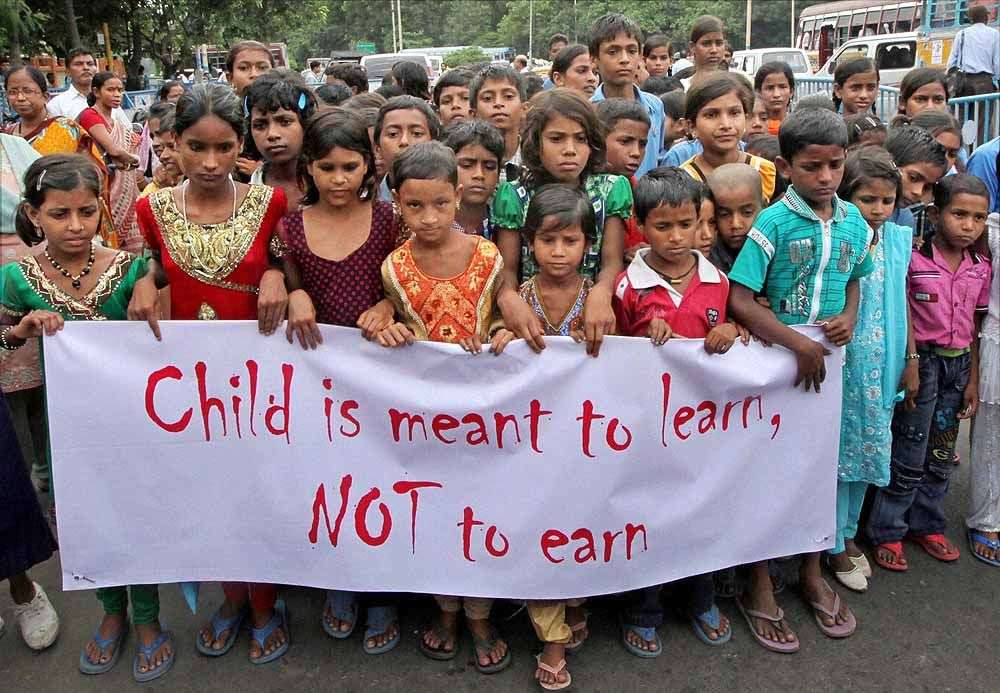
A child’s right to education entails the right to learn. Yet, for too many children across the globe, schooling does not lead to learning. Over 600 million children and adolescents worldwide are unable to attain minimum proficiency levels in reading and mathematics, even though two thirds of them are in school. For out-of-school children, foundational skills in literacy and numeracy are further from grasp. This learning crisis – the rift between the levels of learning children receive and those they, their communities and entire economies need – hit a global scale even before the COVID-19 pandemic brought education systems to a half. Even in schools, a lack of trained teachers, inadequate education materials and poor infrastructure make learning difficult for many students. Others come to class too hungry, ill or exhausted from work or household tasks to benefit from their lessons. Compounding these inequities is a digital divide of growing concern: Some two thirds of the world’s school-aged children do not have internet connection in their homes, restricting their opportunities to further their learning and skills development. Without quality education, children face considerable barriers to employment and earning potential later in life. They are more likely to suffer adverse health outcomes and less likely to participate in decisions that affect them – threatening their ability to shape a better future for themselves and their societies.
Stay Connected